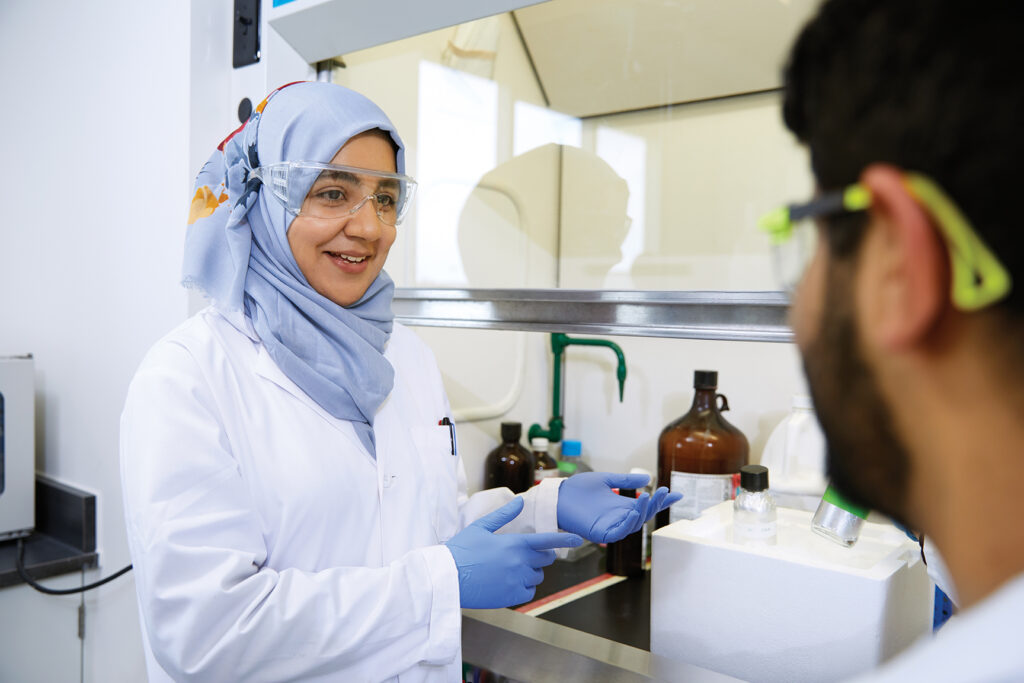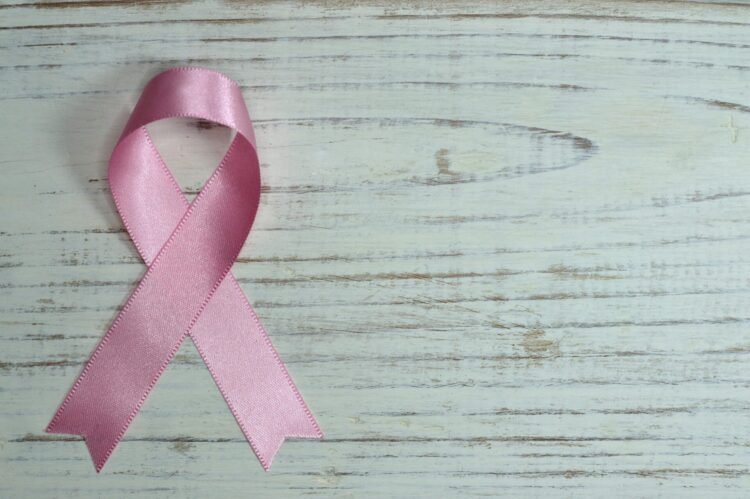
Prevention
It does not matter if you are straight, lesbian, gay, transgender, or questioning (LGBTQ); if you have one or multiple sexual partners; or if you have vaginal, oral or anal sex. If you or your partner(s) have sex without a condom, you can get a sexually transmitted infection (STI). While not all STIs have a cure, they all can be treated. However, if left untreated, STIs may cause serious health problems including life-threatening infections and infertility. STIs are very common. So, with that in mind, protect yourself and your partner(s).
Know the facts, know your options. and help prevent the spread of STIs.
Anyone Can Get an STI
Regardless of your age, gender, ethnicity, or sexual orientation, having sex without a condom puts you at risk for sexually transmitted infections (STIs). The risk increases with each new partner if you engage in unprotected sex.
Practice Safer Sex
To protect yourself from STIs, use a male or female condom during vaginal or anal sex. Male condoms and dental dams also offer protection during oral sex.
You Can Have an STI Without Knowing It
STIs like chlamydia, gonorrhea, and HIV often show no symptoms, especially at the beginning. Even if you feel fine, you could still transmit an STI through vaginal, oral, or anal sex if you are not using a condom.
Some STIs might show signs such as unusual discharge, burning during urination, or genital warts. However, many STIs do not have obvious symptoms, so you might have one without realizing it.
If your partner informs you that they have an STI, ask for the name of the infection. Visit your healthcare provider or a sexual health clinic for testing and treatment. Testing is straightforward and free.
Most STIs are treatable, but the best approach is to prevent them in the first place.
What to Look For
See your healthcare provider or visit a sexual health clinic if you notice:
- An unusual or foul-smelling discharge from the vagina or penis
- A rash, sores, or itching on or around the genitals
- Burning or discomfort while urinating
- Pain in the lower abdomen during or after sex
For information on HIV-related symptoms, visit our HIV and AIDS page.

Testing & Treatment
Get Tested
If you’ve had sex without a condom, including oral sex, it’s important to get tested. Visit your healthcare provider or a sexual health clinic to find out if you have a sexually transmitted infection (STI) and receive the appropriate treatment. Knowing your status helps prevent passing an STI to others.
Testing for Everyone
Regardless of your sexual orientation or gender identity—whether you are lesbian, gay, bisexual, transgender, straight, or questioning—getting tested is crucial for maintaining your health. Access quality care at a local sexual health clinic, where confidentiality is guaranteed.
Testing is Simple and Free
Testing for STIs is straightforward and free. Ask your healthcare provider specifically for STI tests to ensure you receive the right ones.
Treatment and Cure
Many common STIs can be effectively treated and cured. For example, chlamydia and gonorrhea can be cured with antibiotics. Antiviral medications can manage symptoms and reduce outbreaks of herpes. People living with HIV can benefit from medications that help them live longer and healthier lives.
If Your Test is Positive
If you test positive for an STI, take immediate action. Inform your current, past, and potentially future partners, depending on the infection. It’s important for them to get tested and treated simultaneously to prevent reinfection.
Communicating with Partners
If you’re unsure how to inform your partners, seek advice from the counselor who conducted your test or contact a public health nurse. They can provide guidance or even assist in notifying your partners while keeping your identity confidential. If you choose to speak to your partners yourself, find out how to discuss it comfortably and constructively.
References
Sexual Health Ontario. (n.d.). Sexually transmitted infections (STIs). Retrieved from https://www.sexualhealthontario.ca/en/stis


